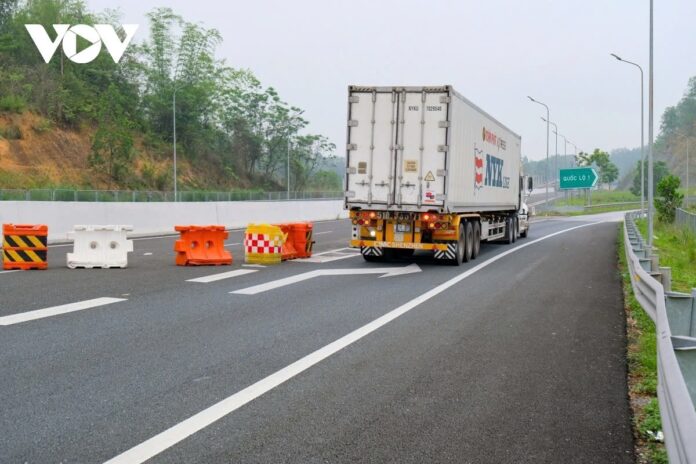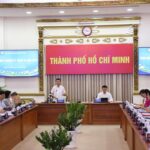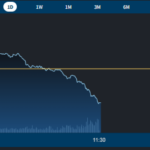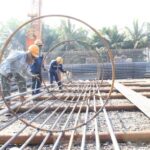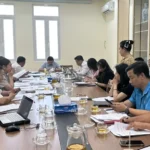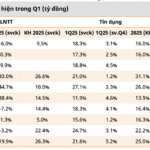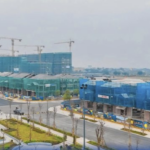According to statistics compiled by the Ministry of Transport, before the promulgation of the PPP Law (in 2020), Vietnam had mobilized approximately VND 712,774 billion for 242 transport infrastructure projects under the PPP model. Of these, there were about 140 projects with a total investment of VND 318,857 billion. Most of these projects have been completed and put into efficient operation, boosting socio-economic development, reducing traffic congestion and accidents, and enhancing the competitiveness of the economy.
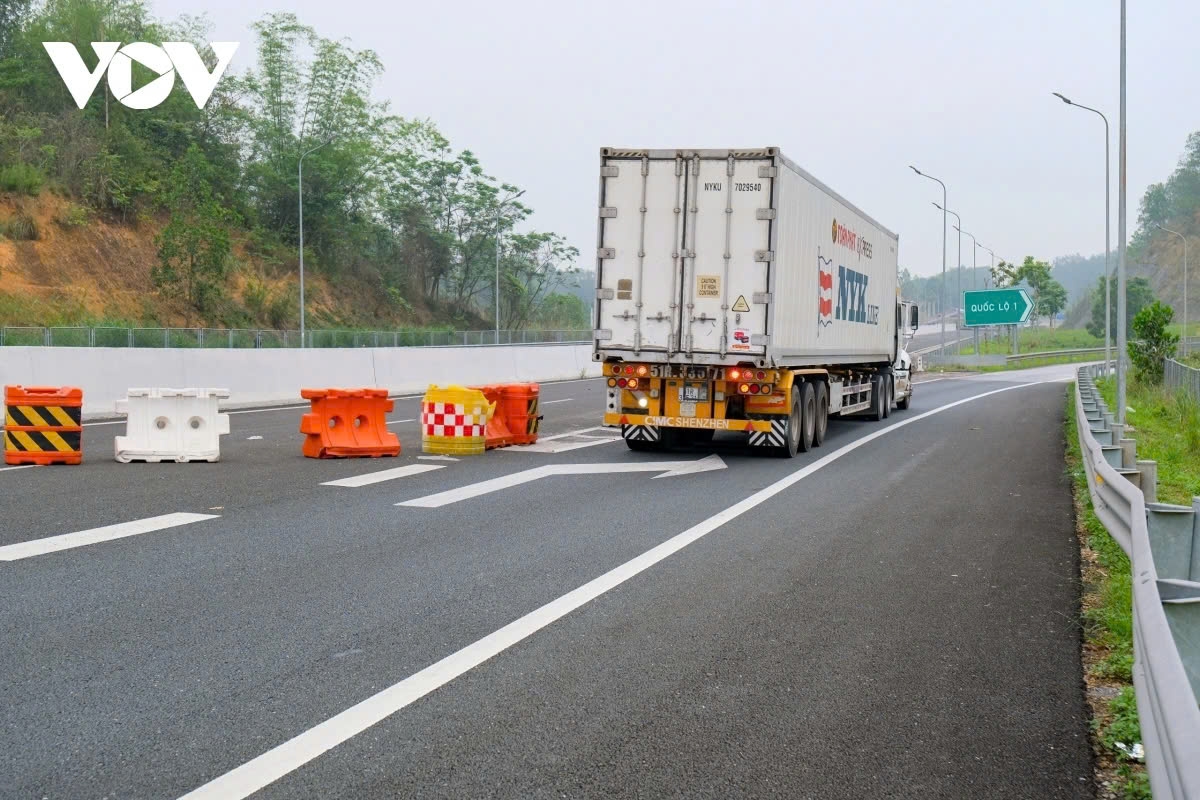
It is necessary to resolutely address the obstacles and bottlenecks in completed transport PPP projects to restore investors’ and banks’ confidence and motivate their future participation.
However, after the PPP Law officially came into force in 2021, the number of transport infrastructure projects invested through this model showed a downward trend. According to the Ministry of Planning and Investment, there are 31 new projects being implemented and 11 projects in the investment preparation stage under the PPP model.
These are key projects with large-scale investments of approximately VND 380,000 billion, requiring about VND 190,000 billion in state capital. There are multiple reasons for this outcome, including the fact that the mechanisms and policies on PPP investment are not truly suitable and fail to ensure harmonious benefits, thus failing to attract investors and banks to provide capital. Especially, the difficulties and obstacles in some BOT projects from previous periods have not been thoroughly addressed, which has eroded investors’ confidence and affected the PPP investment environment.
According to Associate Professor Dr. Tran Chung, Chairman of the Vietnam Road Traffic Infrastructure Investors Association (VARSI), there are two inconsistencies that need to be addressed in this law amendment. First, PPP projects often pass through areas with difficult economic conditions and low traffic volume, while the state capital ratio usually does not exceed 50%, increasing the risk of financial breakdown.
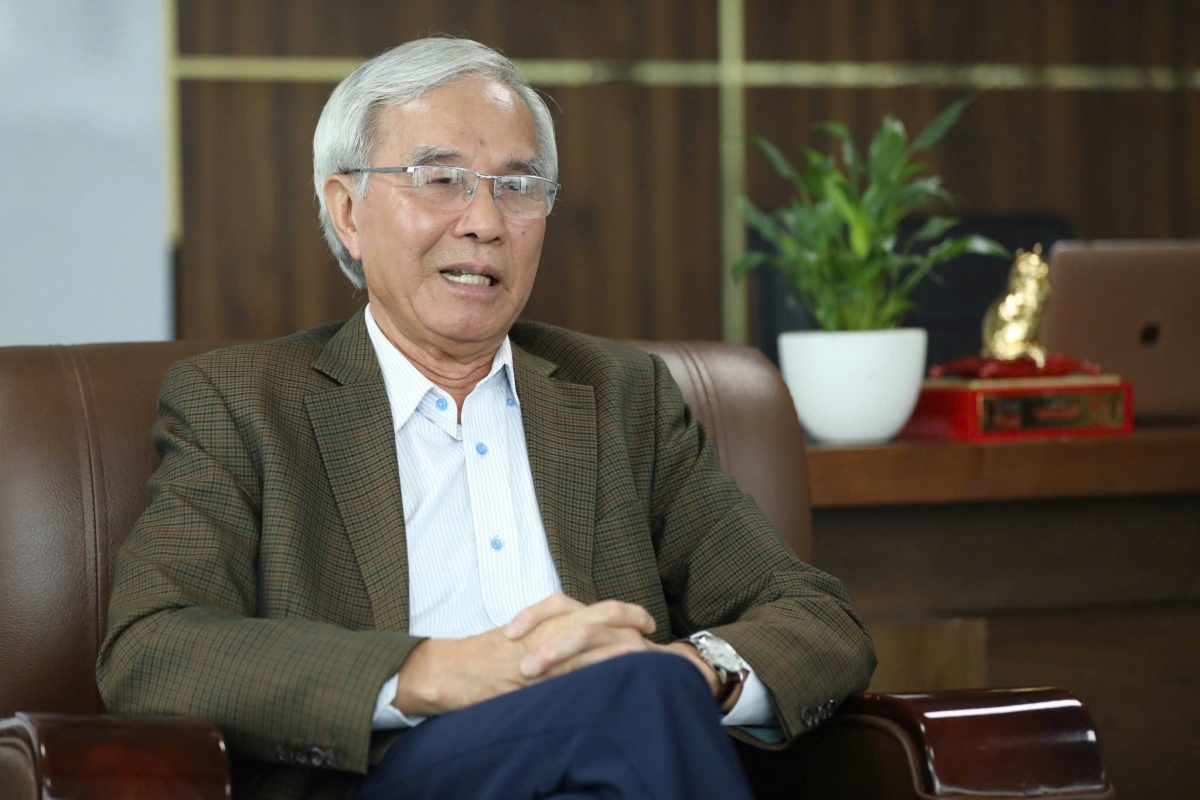
Associate Professor Dr. Tran Chung, Chairman of VARSI.
The second inconsistency lies in the disproportionate relationship between the state and investors in PPP projects. “The state still holds the position of a management agency. In case of contract disputes, investors are usually the losing party,” said Mr. Tran Chung.
The Chairman of VARSI expects that this amendment to the PPP Law will include regulations adjusting the state capital ratio to a maximum of 70%. In addition, it is necessary to recalibrate the collaborative relationship between the parties to ensure fairness and promote the success of PPP projects in the coming time. “VARSI has also repeatedly suggested addressing the obstacles and bottlenecks in completed PPP projects to restore investors’ and banks’ confidence and motivate their future participation,” Associate Professor Dr. Tran Chung said. He also suggested that the amended PPP Law should incorporate a risk-sharing mechanism among the parties for projects currently in operation that encounter financial difficulties.
Regarding the difficulties in implementing BOT projects, the Government has submitted a draft amendment to the PPP Law to the National Assembly to remove legal obstacles and create favorable conditions for the efficient implementation of transport projects. The draft adds some important regulations, such as allowing the termination of contracts before the deadline in special cases and proposing the removal of the condition of responsibility for payment by the contracting agency for easier implementation. In addition, the draft also suggests a mechanism to supplement state capital for projects that have been in operation but have experienced revenue declines due to objective factors, ensuring financial efficiency.
The improvement of the PPP legal framework will help enhance trust and attract investment in critical transport infrastructure projects. In the discussion at the National Assembly on October 26, NA Deputy Hoang Van Nghiem, Head of the Lang Son Province Delegation, mentioned 11 projects facing financial difficulties, requiring attention and resolution, with a total investment of about VND 15,000 billion. An illustrative example is the Bac Giang – Lang Son Expressway, which, despite its significant efficiency, still faces numerous challenges that demand comprehensive solutions and mechanisms.
In the report on the socio-economic situation, the Prime Minister emphasized the need for appropriate mechanisms to address difficulties and create favorable conditions for businesses and investors to handle current problems. With this direction, ministries, sectors, and localities have also proposed to the Government. The Government has submitted to the Standing Committee of the National Assembly, and the National Assembly will consider and approve the Law amending and supplementing laws, including the Law on Public Investment, the PPP Law, and the Law on Bidding. According to Mr. Hoang Van Nghiem, this is extremely necessary.
The Head of the Lang Son Province National Assembly Delegation also requested a review and supplement of contents to overcome and unblock “bottlenecks” in projects under implementation or already in operation. This will help businesses overcome difficulties and strengthen the trust and prestige of the Party and the State among enterprises and investors.
At the discussion session, NA Deputy Luu Ba Mac (from Lang Son Province) also proposed that the National Assembly add content to strongly address the obstacles in PPP projects managed by the Ministry of Transport and some localities, especially the difficulties faced by BOT projects in provinces such as Lang Son, Bac Giang, Bac Kan, Thanh Hoa, Thai Binh, and Ha Nam.
Mr. Luu Ba Mac suggested that the competent authorities consider a solution to use the state budget to compensate for the reduction in revenue due to objective factors, according to Article 69 of the current PPP Law. At the same time, the state capital ratio in PPP projects should be allowed to exceed 50% and reach up to 70% in cases where the project passes through areas with difficult socio-economic conditions, as applied on a pilot basis to the Dong Dang – Tra Linh Expressway project, according to Resolution No. 106/2023/QH15 dated November 28, 2023, of the National Assembly.
The Stock Market Blues: A Tale of Woes and Worries
The VN-Index has been struggling to conquer the 1,300-point threshold and is now falling deeply from this region.
The Cash Flow Crisis: VN-Index Plunges as Foreign Investors Sell-Off
The market was sluggish this morning as investors refrained from buying. Sell orders gradually pulled back to very low prices, allowing sellers to offload their positions. Apart from the first few minutes when the VN-Index was slightly positive, the market plunged throughout the morning session, closing at its lowest point with four times as many losers as gainers.
Unlocking Investment Opportunities: Binh Duong’s ‘Transport-Led Development’ Strategy
By prioritizing investment in its transportation infrastructure, Binh Duong Province has successfully attracted a significant number of investors. Currently, the province is home to 71,776 domestic enterprises with a total registered capital of VND 786 trillion, along with 4,347 foreign-invested projects totaling US$42 billion in registered capital.



















![[IR AWARDS] June 2025 Disclosure Calendar: Mark Your Dates](https://xe.today/wp-content/uploads/2025/06/HinhT6_01-218x150.png)






